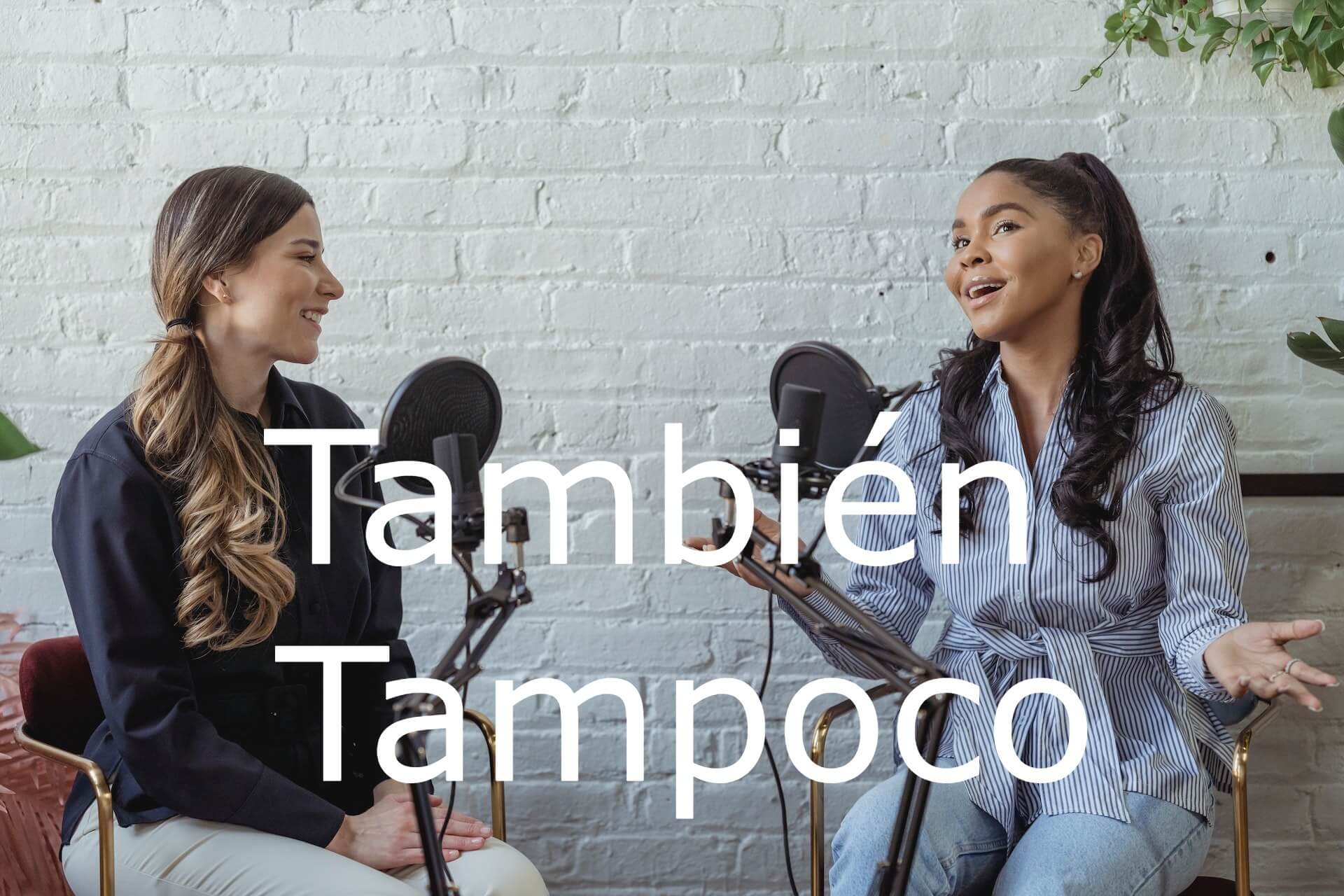"También" & "tampoco" short answers in Spanish.

También y tampoco
También is too or also, tampoco is either or neither. When we answer if we agree or do the same, we'll use these two:
Yo también - me too - Affirmative sentences ("I do something")
Yo tampoco - me neither - Negative sentences ("I don't do something")
Yo sí, yo no
If we don't do the same, we don't match with the statement, we use the following:
Yo sí - I do - literally "I yes", we don't have the auxiliar "do". Yo no - I don't - literally "I no".
We use these regardless of if the sentence we answer to is affirmative or negative, as it's focused on us.
Short answer
Let's see these in action:
First, examples answering about the action from the person speaking:
A veces hago yoga- Sometimes I do yoga (affirmative sentence)
Answer 1: yo no - I don't
Answer 2: yo también - Me too
Yo nunca plancho la ropa - I never iron clothes (negative sentence)
Answer 1: yo sí - I do
Answer 2: yo tampoco - me neither.
We can even answer to another "person" doing something.
Normalmente comemos en casa - We normally eat at home
Answer 1: yo también - me too
Answer 2: yo no - I don't
or answer with us, for example:
Nosotros también - us too Nosotros no - we don't
We can compare anyone really. I can answer with someone else matching what's being said:
Horneo pasteles cuando puedo - I bake pastries when I can
Mi madre también - my mom too
This is very nice to do around new people, finding things in common , mantaning light conversation and building rapport with them.
Me gusta
Obviously in many cases we'll have me gusta and similar verbs: me fascina, me interesa, me encanta, me importa, me apetece...
Check this post to see more of these verbs and how they work
In this case, we're tweaking things a bit:
a mí también / a mí tampoco / a mí sí / a mí no
We're using a mí because we want to say "to me too", "to me neither",...
For example:
Me importa el ecologismo - Ecologism matters to me
a mí también - to me too (it matters to me too) a mí no - not to me (it doesn't matter to me)
It's easier to see with some of these verbs, but actually quite hard to see with me gusta, but just know that all of these will be the same and will need that tweak.
A mí me gustan los perros
A mí también - me too a mí no - not me / I don't
No me gustan los deportes de riesgo
A mí tampoco - me neither A mí sí - I do
Remember that we keep using the "t" words (también,tampoco) when it matches, I always think that it makes sense because "t" is for "too" (me too), and we use the yes/no options when it doesn't.
Mix
Let's see a mix of examples, with both normal verbs and opinion verbs with pronoun, like "me gusta".
Choose in your mind the answer that works for you.
Tengo un perro - I have a dog
Yo también / yo no
Me gusta caminar en la naturaleza - I like to walk in nature
A mí también / a mí no
No me interesa el fútbol - I'm not interested in football
A mí tampoco / a mí sí
Mi madre bebe una copa de vino cada día - My mom drinks a glass of wine each day.
Yo también / yo no / mi madre también / mi madre no
A nosotros nos gusta ver documentales - We like to watch documentaries.
A nosotros también / a nosotros no / a mí también / a mí no
These are some more that you can translate and answer to:
Intento aprender cosas nuevas
A mí no me gustan las playas turísticas
Nunca duermo la siesta
A mi madre no le gustan los gatos
Nunca como comida tailandesa
Me encanta meditar
¡Esto es todo! ¡Hasta la próxima!